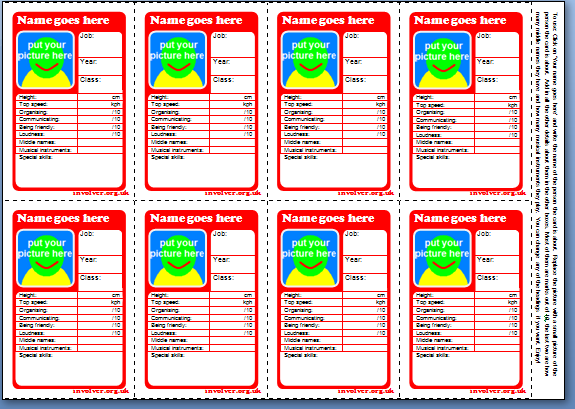I created this short toolkit for the Salford School Council Co-ordinators Network. As with everything we’re doing at involver when we create something we want to give it away for schools to use, play around with and share (that’s why we release everything under a Creative Commons licence). So have a look at this, I think there’s some really useful stuff in there, but it’s not supposed to cover everything, so if there are things you’d like us to add, just drop us an email and we’ll keep expanding it. This is what’s in there now:
- Ice breakers (4 school council-related games)
- Boundaries and possibilities (2 different types of activity to explore what these might be)
- School Councils are the end, not the beginning (presentation – hopefully it makes sense)
- (Updated – April 2010) Planning elections
- Key lines of communication (a worksheet for planning communication)
- School policy on pupil participation (an essential document for any school that’s serious about pupil well-being – this is a guide to creating one)
- School council constitution (you can’t really have pupil representation without one – although many try – some scenarios to set you on your way)
- Tips for great meetings (guides to help you through preparing for a successful meeting, the meeting itself and ground rules to avoid pitfalls)
All three of these downloads have exactly the same stuff in:
[download id=”2″] 2.4MB
You can’t really edit it, but it will look just right with our nice fonts and things.
[download id=”93″] 1.3MB
Best if you might want to edit things and have a newer version of Word:
[download id=”92″] 2.9MB
Use this if you want to edit the file and can’t open newer Word files:






